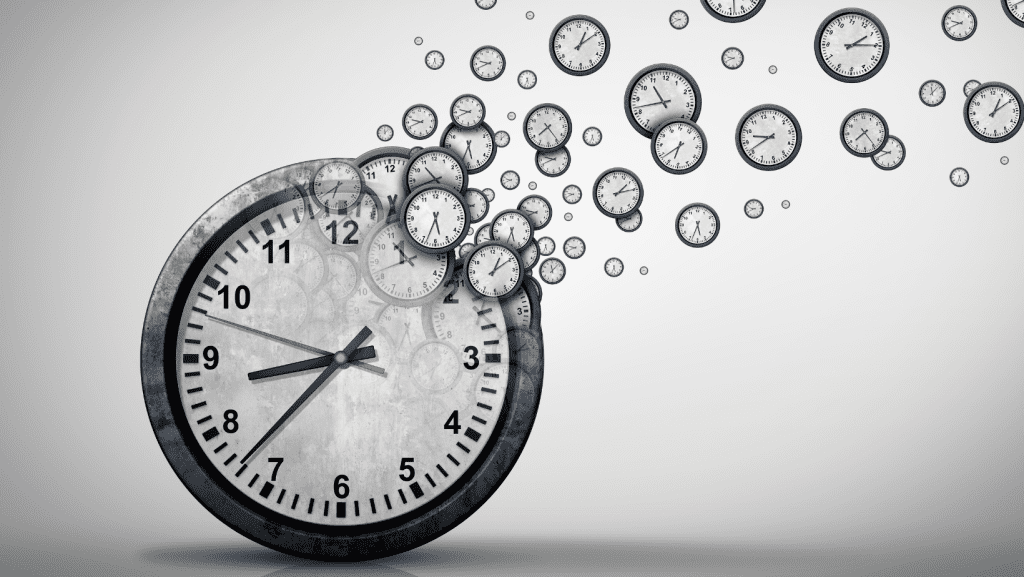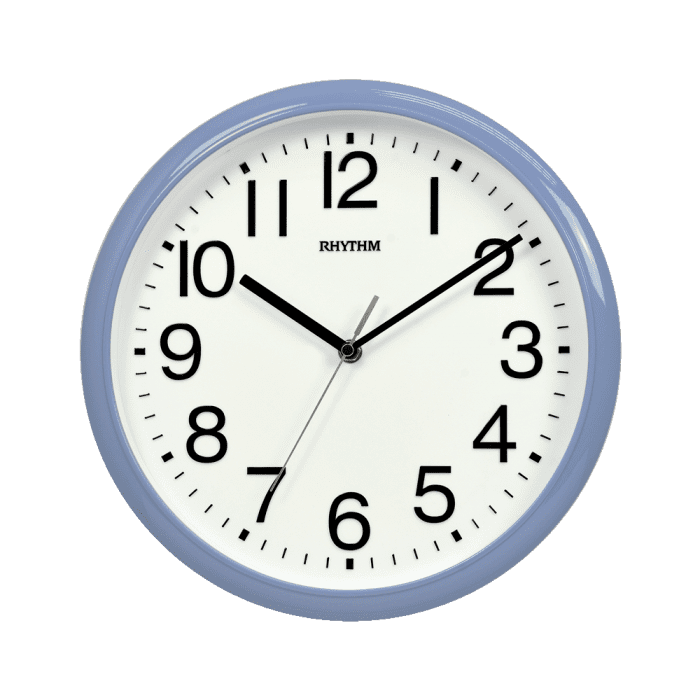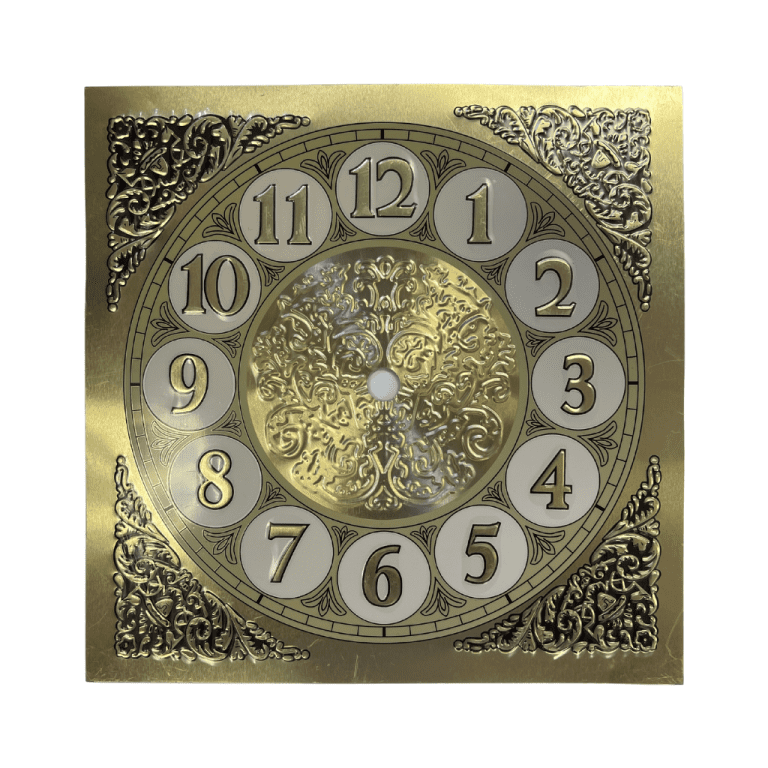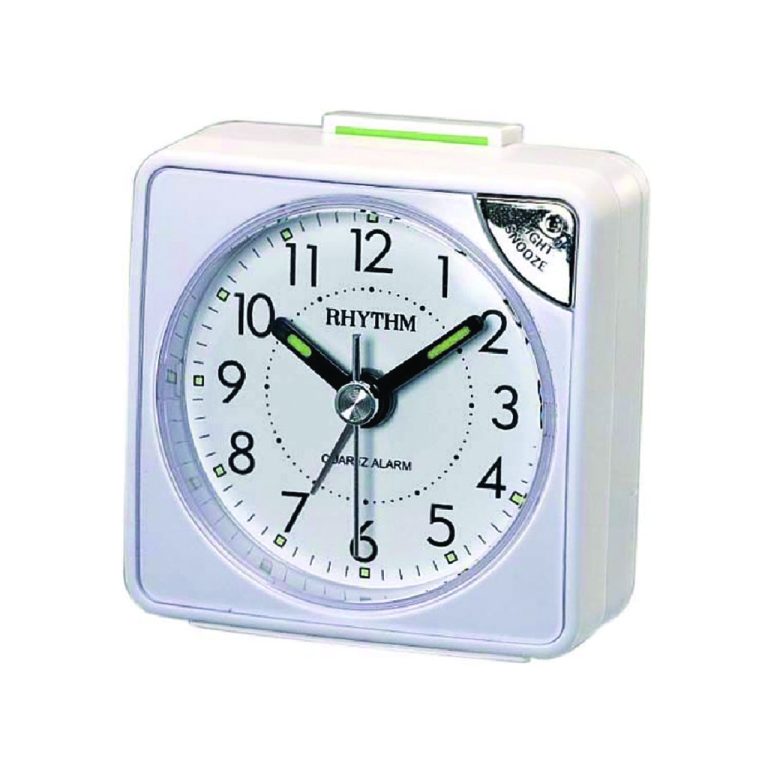Constantly measuring all sorts of things is an almost imperceptible but very significant part of our routines. We measure sizes, distances, and, even more often, time. We live counting minutes, hours, and planning the following years. After all, time is money, right? Well, maybe it is, but it certainly is much more than that. Have you ever stopped to think about the concept of this essential element of our life?
Many authors, philosophers, and artists have searched for these answers after understanding that this element is equally abstract and vital for our existence as a society. Throughout their analysis, these authors concluded that there are many types of time, and each of them has different reflections on our individual and collective existence. We are talking, for example, about the chronological, historical, and psychological times.
Once you understand more about each of these concepts, it will become even easier to understand their impacts on the way we live and think. So let’s explore them together in today’s article. Before we get there, how about reflecting more about what time really is and its impacts on society?
What is time?
The idea of time is so present in our lives that its meaning seems obvious. Therefore, we rarely stop to really understand this abstract concept. Have you ever wondered what time really means? Among several definitions, Cambridge Dictionary tells us that time is the part of existence counted in minutes, hours, years, etc., or a period in history.
In fact, these are definitions that we are familiar with. However, throughout history, other authors, artists, and philosophers attempted to make more sensitive analyzes and interpretations about the concept of time and its impacts on how we live and organize as a society. Some of the first analyzes are those of Aristotle and Saint Augustine.
According to Aristotle, time could not exist as a line with a beginning or an end. Although there was probably a moment when time began, he thought that previously to its origin, there must have necessarily been something to mark that moment as the beginning of time. He also questioned whether time would be a single line of events or a series of intersecting lines.
The Christian philosopher Saint Augustine on the other hand, believed that time was not absolutely infinite. According to him, time was God’s creation, and it would be impossible to create something infinite. He also believed that time exists only in our minds, concluding that it affects how we interpret it. Therefore, there was no real way to quantify that something included lasted too long or too little time for Saint Augustine.
At first, thinking about these interpretations of such a fluid and intangible idea may seem complicated, but it is fundamental to deeply understand our history and society. The comprehension of time is directly related to the way we behave and the choices we make daily. Can you also imagine the reflects of time on other social segments?
Time’s relation to society
As we showed earlier, the immediate connection of time with our social habits is its usefulness as a measurement tool. Calendars, clocks, and stopwatches are indispensable for organizing our personal and collective lives. But that relationship gets more profound when we think about the connection of time with history and our behaviors.
As well as our measure reference for the sequence of everyday events, time is also our main parameter to understand history. Past, present, and future are extremely interconnected, and the three must be taken into account when considering the possible paths to follow.
Historical awareness and understanding of past events are essential for us to make wiser choices that are effective now and positively affect the future. This is our primary reference when making choices that affect our personal lives or the maintenance of segments such as politics and the economy.
The notion of time is also present in absolutely everything we produce. The amount of time something lasts or takes to be prepared is a parameter when deciding how to behave towards it. We determine the value and devote more or less attention to things because they are durable, ephemeral, constant, or sporadic. This relationship is noticeable when we set the price for services, products, and labor.
Given this series of reflections in our lives, time is also frequently an inspiration for cultural productions. How many songs, poems, and paintings about time can you think of? One of our favorites is The Persistence of Memory by Salvador Dalí. The symbolism of clocks melting or being taken by insects carries a fascinating message about the unconscious perception of time.
The different ways of understanding time
Now that we have clarified essential concepts, it is finally time to delve into the different ways of understanding time. Here’s what you need to know about chronological, historical, and psychological times. Throughout the list, pay special attention to each of these types of time’s definition and try to think of how you can identify these understandings of time in your daily life. Let’s start!
Chronological time
Chronological time is the time that we divide into seconds, minutes, hours, days, weeks, months, years, and so on. This kind of time is not natural and did not exist before human existence. We invented it as a way to control and measure events. It is quantitative and measurable.
It is interesting to realize that ancient cultures did not live under the restrictions and adapt to chronological time restrictions as we do today. The notion of chronological time was related to nature’s cycles, such as tides, the movement of stars, and harvest periods.
Historical Time
On the other hand, historians have no interest in chronological time, counted in the calendars, as their passage does not determine historical facts. Historians’ time is called “historical time,” which has an essential difference from chronological time.
While calendars work with exact and proportional constants and time measures, the organization made by historical science takes into account short and long-term events. In this way, the historian uses the methods of organizing society to say that a particular time differs from another.
Psychological Time
On an individual level, the way we relate to time and personal experience it is called psychological time. It is, by essence, subjective. You can perceive it when events seem to last a different amount of chronological time than they actually do.
For example, a boring conversation may seem to last an eternity, while a meeting that arouses interest in us makes time fly by. It happens because our feelings always influence our natural perception of time, stretching, or compressing it.
Conclusion
Our society is continuously evolving. As we develop new ways to manage spaces, the economy, and other institutions, we must also find revolutionary ways to deal with time. Therefore, today’s article introduced a series of publications that will help you understand the relationship between time and society.
One of the fundamental aspects of the analysis of time is the understanding that there are significant differences in how it is perceived by people and its impact on history and social segments. Adjusting these perspectives may be the key for us to make accurate choices that guide us on a path of prosperity and development.
Credited to:blog.timelinefy.














